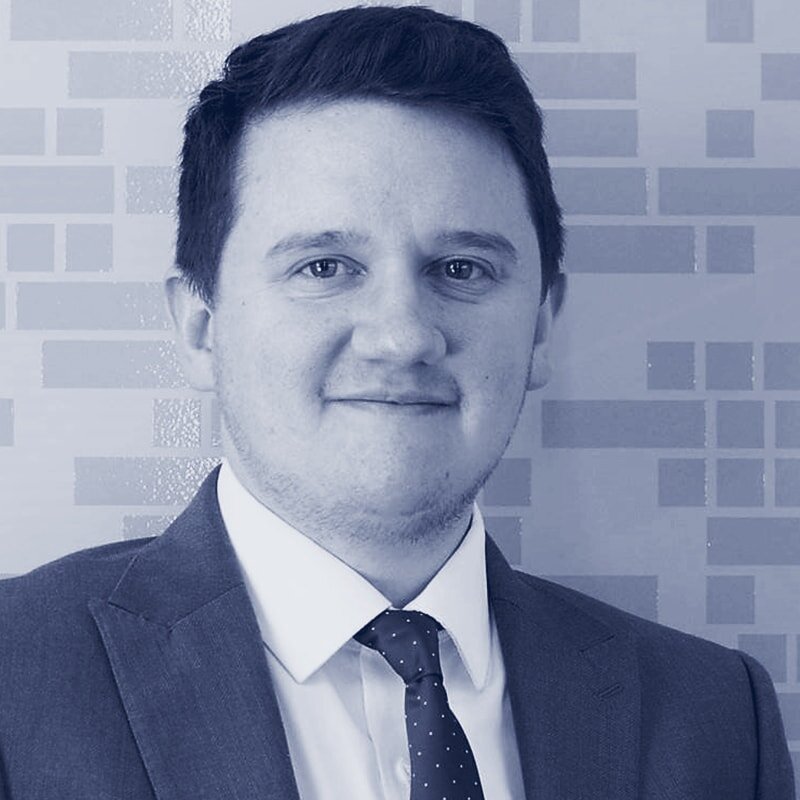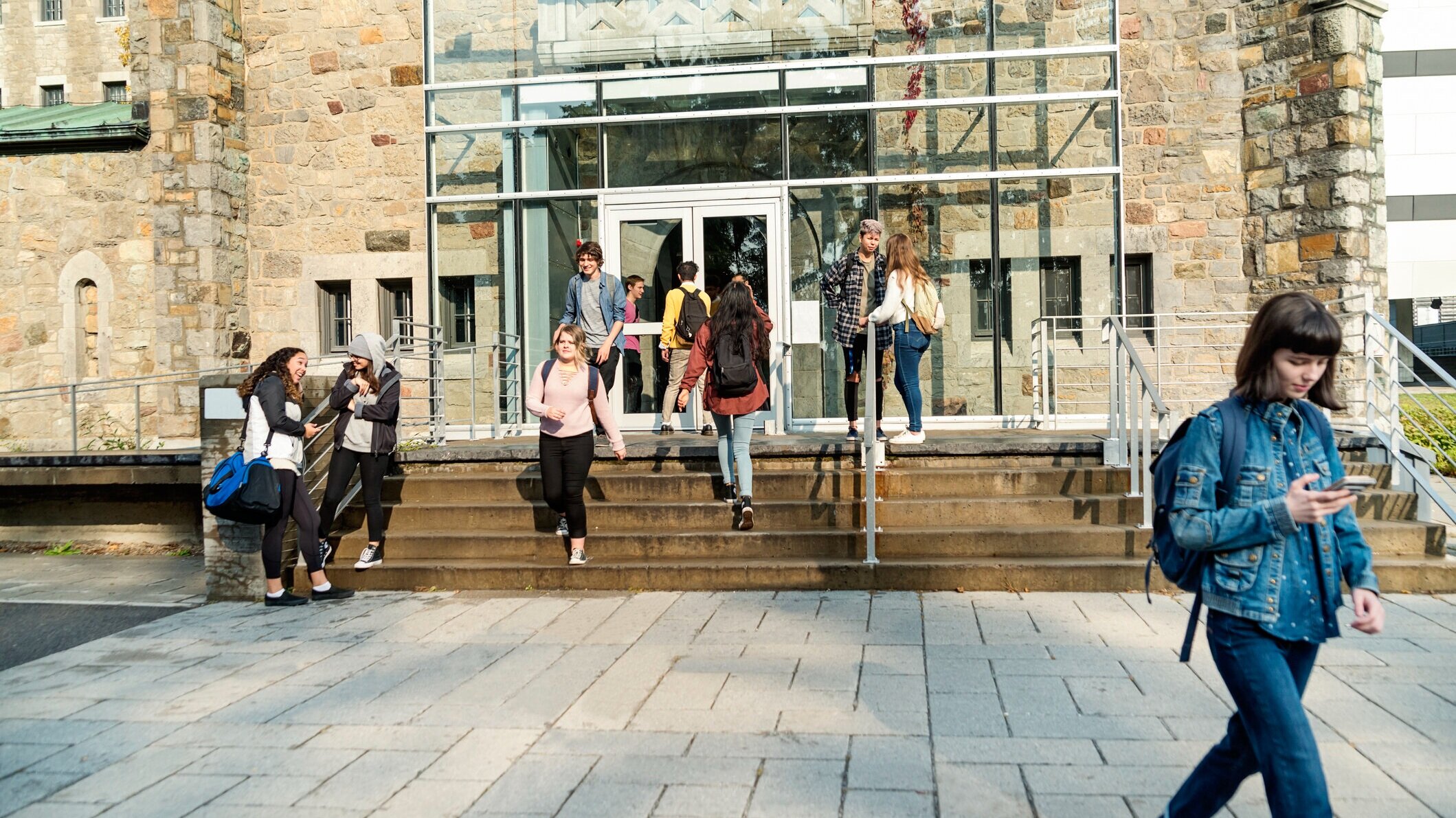Perspectives on leadership in Academia with Professor Nick Braisby, Vice Chancellor and CEO Buckinghamshire New University
Perspectives on leadership in Academia with Professor Nick Braisby, Vice Chancellor and CEO Buckinghamshire New University
In this series of interviews with prominent leaders in Academia our colleague Owen Francis discusses various aspects of leadership in these current times.
Watch the interview
Below follows a transcript of our interview
You come to this interview both as a University Leader and a cognitive scientist. How have you found this last year both institutionally and individually?
The last year has been enormously exciting as well as enormously testing and challenging. In many ways it has shone a light on the strengths and weaknesses of every institution. Some of the things that were on the back-burner, suddenly became very high priorities. The one thing that I recognised that we all struggled with, including myself, was sheer personal resilience. I see a lot of people around me who are tired and for some their enjoyment has diminished. That places a pressure on leaders to find ways to keep people’s energy and enthusiasm, and their forward-lookingness <sic> very much alive.
How do you think the pandemic has changed how people lead? Has it been problematic or positive for the sector?
I think many of the changes in leadership style have been enormously positive for the sector. Higher education has experienced many challenges as a sector for many years. What the pandemic has particularly highlighted is a need for emotionally literate form of leadership; one that really does appreciate the value of every person in the organisation no matter what their level or the size of their contribution. At the moment I’m working remotely – I’m dependent on people whose salary levels are likely much lower than the institutional average, to keep the buildings open. Without them the institution would no longer have an ‘open’ character. Catering staff, portering staff, estate staff have all made vital contributions. It has brought our at style of leadership that recognises value right across the organisation and one where dialogue is vitally important. We have a seem a real increase in demand for people to speak to senior leaders, have open exchange so we have had to accelerate the way we do this. There is a need for feedback both positive and negative but there is also a real need for togetherness and mutual support. This has led to a very different way of acting as a leader; as one who is very open, very accessible and very communicative but perhaps above all very empathic.
Empathetic leadership encompasses the components of what we regard as inclusive leadership. Do you think the pandemic has made it more difficult to hire inclusively and generate cognitive diversity?
No, if anything I think it has made it slightly easier because it has brought some of those questions to the forefront of people’s minds and thinking. The terrible disadvantages we still see in society, both in staff and students, where some people are more vulnerable. The dialogue in society not just nationally but internationally around ethnicity, gender, age, and health; the discussions that go on now, in interviews, those issues and individual circumstances are talked about much more openly. A mature response to the pandemic is one where we take everyone along with the organisation but also listens to everyone’s voice. Inclusivity has somehow been driven by the pandemic a bit more.
The stress-testing this crisis has caused has in many ways enabled more honesty in conversations and more practical ways in which opportunities can be opened up; hiring can be more democratised. How have you stayed more visible in your role, when that very notion has changed itself through remote working?
When allowed I did make the effort to be there as much as possible without contravening the current laws around public health. The electronic, digital platforms for interacting did change the range of possibilities. We started running staff briefings much more frequently and they had extraordinary levels of attendance. We were no longer limited by the number of people that can fit into a lecture theatre, or the access issues involved in moving from campus to campus. I also decided that I wanted to hear from students directly and I wanted to hear from staff directly – unmediqted from any formal structures. So I commenced holding open-house meetings – very open, very discursive in an attempt to reproduce the types of corridor conversation that we all miss. I’m not sure how successful they have been but since starting they have managed to maintain their momentum; the student one is monthly and the staff one is fortnightly and their attendance is excellent. What I hear, particularly from staff is that they like being in a space where they ‘see’ and hear their other colleagues.
As a cognitive scientist, psychologist the pandemic has led me to reflect that we are dealing with the perception of risk, understand risk and how they wish to modify their behaviour. At many points I have reminded myself and stressed to mu senior colleagues that many of the things that we are asking others to di are really quite significant psychologically. The more we can think that through the more likely we are to do them successfully. Part of visibility is understanding that psychology.
Is there any advice that you would give to candidates currently looking to progress their career in the higher education sector amid all the disruption that covid has thrown at us?
Ironically, I think there are skills highlighted by the pandemic are the traditional ones we would look for. There is the perennial theme of you have to be able to manage your responsibility, your portfolio, really successfully and this of course entails being able to manage this crisis and change more generally. Understanding the customer and the ‘customer experience’, understanding students at a fundamental and human level remains essential. What the pandemic has highlighted is that some skills are in short supply and the high value of certain skills, but they remain fundamentally having good business sense.
Buckingham New University is already ahead of the game with inclusive practices but thinking about the wider sector, do you think this has tested the institutional values of other organisations?
I think all institutions are struggling and some have had a really hard time in the press. I do think there is a new focus on the customer experience – our students. Of course, because of the pandemic we have to do things differently, but I think the notion of what customer care is fundamentally shifting and it will be hard for institutions to go back. Customers must have a really good experience. They might be getting a great education and they might be getting great value for money but the moment they don’t ‘feel’ they are getting a great experience – I think you have lost them. Plus, the evidence seems to be that students of the younger generation are less inclined to tolerate that. If institutions are going to survive and thrive, they are going to have to change in a very deep way how they connect with their students., understand what makes them tick. Here we have always tried to do the right thing through this crisis, by our students, our staff and our communities. But doing the right thing by students for example has meant that we have given a full accommodation refund, but we can’t continue to do this for a very long time without it having dire financial consequences. So, at some point there will be a clash between our values and the financial realities.
Students are a unique type of customer. Do you feel this period of time has made you a better leader?
I think it has made me a better leader. Some of the aspects of the pandemic are so thorny and difficult that when you really wrestle with them and come out the other side, I think you do end up with a better outcome and you will carry some of those experiences with you. I don’t always feel a natural communicator and I am quite happy to sit back a little bit and this has been a situation where that hasn’t been appropriate. I have had overcome that reserve and be vulnerable, for example with the open house meetings where anyone can ask me anything! Now going forward, I may not feel any more comfortable with doing it but now I absolutely recognise the value in it and perhaps the more I do it, the more comfortable I will be.
If you want to continue these dialogues, have experiences to share or if you are curious to learn more about Alumni, we would love for you to get in touch!
Director of Higher Education and Non-Profit Practice
E-mail




